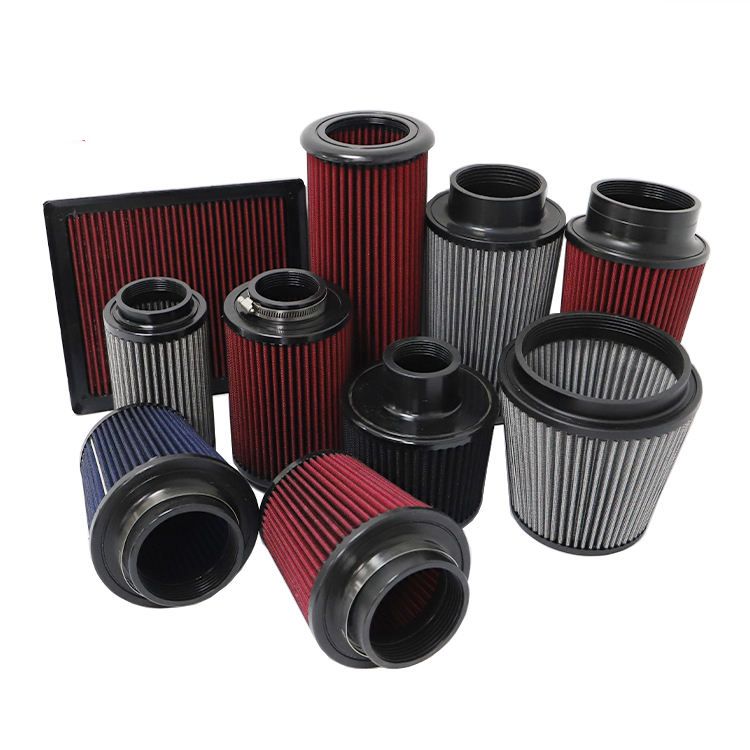Breathe Easy: A Guide to Timing Air Filter Replacements in Your Home HVAC System
2023-11-17
Introduction:
Your home's HVAC system is a vital player in providing comfort and maintaining indoor air quality. To ensure its smooth operation and efficiency, one crucial element demands attention – the air filter. In this blog post, we'll delve into the question that often lingers: How often should air filters be replaced or cleaned in a typical home HVAC system?
1. Frequency Matters:
The frequency of air filter replacements is a key factor in maintaining the health and efficiency of your HVAC system. While there is no one-size-fits-all answer, establishing a regular schedule based on specific factors ensures optimal performance.
2. Type of Filter Matters:
The type of air filter in your HVAC system influences the replacement frequency. Standard fiberglass filters typically require replacement every 1 to 3 months. Pleated filters, which offer better filtration, may last up to 6 months. High-efficiency filters, such as HEPA filters, might require replacement less frequently, typically every 6 to 12 months.
3. Allergies and Air Quality:
Homes with individuals who suffer from allergies or respiratory conditions may benefit from more frequent filter replacements. A higher replacement frequency helps maintain better indoor air quality, reducing the presence of allergens and irritants.
4. Pets and Particles:
If you share your home with furry friends, consider replacing the air filter more frequently. Pet dander and hair contribute to faster filter clogging, affecting both air quality and system efficiency. Monthly or bi-monthly replacements may be advisable in such households.
5. System Usage:
The frequency of HVAC system usage plays a role in determining filter replacement intervals. Systems running year-round or in extreme weather conditions might necessitate more frequent replacements compared to those in moderate climates.
6. DIY Inspection:
Regularly inspecting your air filter provides valuable insights into its condition. If it appears visibly dirty or clogged before the recommended replacement interval, consider changing it sooner. A dirty filter restricts airflow, impacting efficiency and potentially causing system strain.
7. Manufacturer Guidelines:
Always refer to the manufacturer's guidelines for your specific HVAC system and filter. Manufacturers often provide recommendations on replacement intervals based on the model, filter type, and usage.
8. Seasonal Considerations:
Adjusting your replacement schedule based on seasons can be beneficial. HVAC systems tend to work harder during extreme temperatures, making it advisable to replace filters more frequently during peak heating or cooling seasons.
9. Smart Thermostat Alerts:
Some smart thermostats come equipped with filter replacement alerts. Leveraging this technology can simplify the process by providing timely reminders based on system usage and filter condition.
10. DIY vs. Professional Maintenance:
If you're comfortable with DIY maintenance, replacing air filters is a straightforward task. However, if you're unsure or prefer professional assistance, consider scheduling regular HVAC system maintenance with a certified technician who can assess and replace filters as needed.
Conclusion:
The frequency of air filter replacements in your home HVAC system is not a one-size-fits-all proposition. It depends on a combination of factors such as filter type, household conditions, system usage, and individual preferences. By considering these factors and staying attuned to your HVAC system's needs, you can establish a routine that ensures clean air, system efficiency, and the longevity of your HVAC investment. Remember, a well-maintained air filter is a small investment that pays off in the form of enhanced indoor air quality and the continued reliability of your HVAC system.



